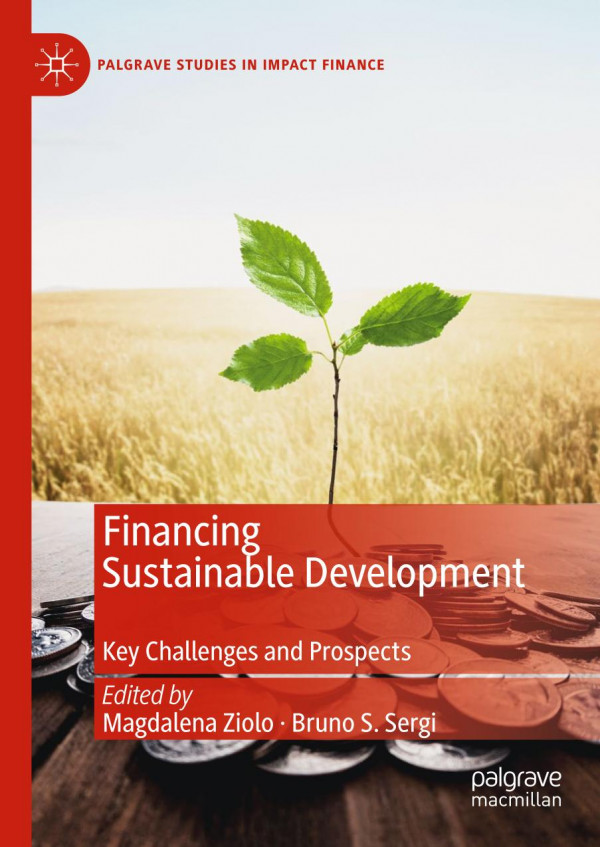

Most ebook files are in PDF format, so you can easily read them using various software such as Foxit Reader or directly on the Google Chrome browser.
Some ebook files are released by publishers in other formats such as .awz, .mobi, .epub, .fb2, etc. You may need to install specific software to read these formats on mobile/PC, such as Calibre.
Please read the tutorial at this link: https://ebookbell.com/faq
We offer FREE conversion to the popular formats you request; however, this may take some time. Therefore, right after payment, please email us, and we will try to provide the service as quickly as possible.
For some exceptional file formats or broken links (if any), please refrain from opening any disputes. Instead, email us first, and we will try to assist within a maximum of 6 hours.
EbookBell Team

4.8
34 reviewsThis book is among the first to address the issue of assessing the efficiency of sustainable development financing from a theoretical and methodical point of view. The innovative nature of research is expressed through the study of new phenomena in finance including sustainable financial systems, sustainable finance, ESG risk and individual and institutional motivations of financial managers in the sustainability concept. The book aims to draw attention to the significant gap in the existing research.The concept of Sustainable Development, if placed in an economic category, requires a lot of attention, but seeing the cognitive category from the perspective of the discipline of finance, the latter is unsatisfactory, with questions remaining unanswered. At the same time, the rank problem, its strategic dimension and the amount of financial resources allocated and disbursed for the purposes of focusing around sustainable development, identification of financial phenomena accompanying this category is seen as a priority. Most measures financing Sustainable Development and measures of public spending efficiency are measures subject to rigor and rules due to their specificity, which means actions aimed at increasing efficiency are treated as a priority. This book will be of interest to leading representatives of academia, practitioners, executives, officials, and graduate students in economics, finance, management, statistics, law and political sciences.